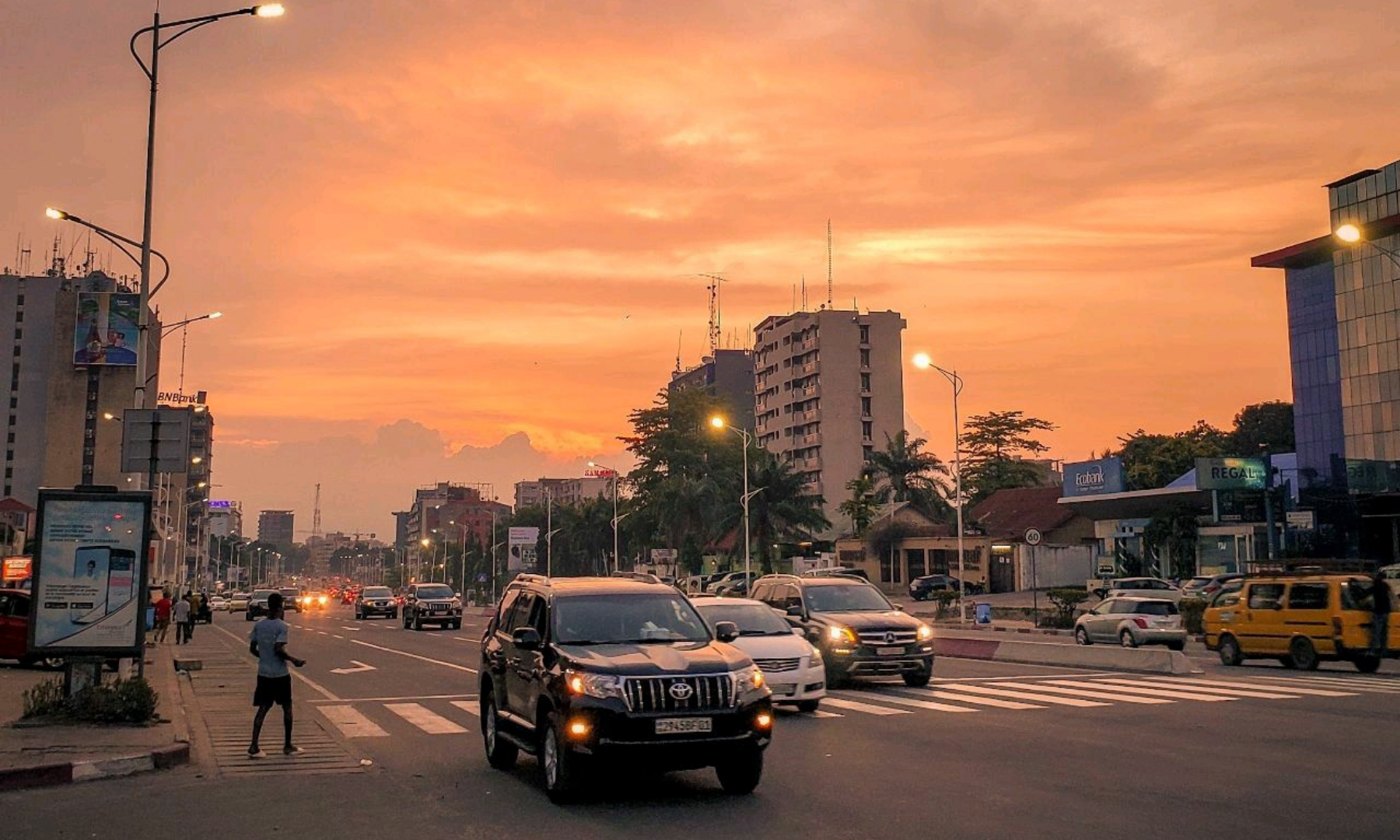Read more
At a Joint-Session of the National Assembly in Abuja this week, President Buhari delivered his 2022 Budget Speech, presenting what will be his administration’s last full year budget before the 2023 presidential election. To boost economic recovery, the country will be increasing government spending by over 20% to reach $40bn next year, or NGN 16.39 trillion. This will in turn fuel the fiscal deficit, expected to reach 3.39% of GDP in 2022. In response, Nigeria is expected to borrow an additional NGN 5.01 trillion while raising funds from privatization proceeds (NGN 90.73 bn) and drawdowns on loans secured for specific development projects. Expectations are that the 2022 budget will help Nigeria achieved a growth of 4.2% this against, again an IMF forecast of 2.3%. A Bet on Infrastructure To maintain the pace of infrastructure development, especially in critical projects such as roads, ports, airports and power, the budget provides for the strengthening of concessions and PPP frameworks. Nigeria is also expected to explore green finance options as part of its Sovereign Green Bond Programme and to leverage debt-for-climate swap mechanisms. Nigeria was already the first nation to issue a sovereign certified climate bond back in 2017. Expectations from Oil The oil sector will be once again expected to significantly contribute to government revenues with oil production set at 1.88m barrels per day (including condensate) and the price benchmark at $57 per barrel. However, the country has repeatedly missed its oil production target. By July of this year, actual oil revenues were 34% below target while the federal government’s share of oil revenue was 51% below target. It remains to be seen if Nigeria can turn things around and ramp production back up, especially given the lack of investment into its oil infrastructure and ongoing divestments from IOCs. Nigeria produced an average of 1.567m barrels per day (including condensates) in Q3 2021 according to data released by the Department of Petroleum Resources. The country notably had to face a Force Majeure at Shell’s Forcados Terminal from mid-August to mid-September. A Lingering Subsidy Problem Overall, Nigeria’s budget will continue to be affected by a heavy subsidy burden. The collapse of oil prices in 2020 led to the removal of subsidy on petrol (PMS), before it was quickly reinstated this year once prices rose again and pushed the landing price above the regulated threshold of NGN 145/litre. Because of subsidies, Nigeria continues to have the cheapest petrol in West Africa, which in turns significantly erodes revenues that could otherwise allocated for social infrastructure projects. Low petrol prices are also creating serious barriers to promote the adoption and consumption of natural gas across the country.
Decklar Resources has announced it has entered into a non-binding letter of intent to purchase all of the issued and outstanding shares of Wesfield Exploration and Production. Westfield E&P is the Nigerian entity that holds a Risk Finance and Technical Services Agreement (RFTSA) with Erebiina Energy Resources, the recent winner of the Emohua Marginal Field (OML 22) during Nigeria’s 2020/2021 Marginal Fields Bid Round. Erebiina is operating the Emohua field with a 60% interest. “Emohua has a considerable infrastructure advantage with existing oil and gas export pipelines in close proximity. This will allow Decklar to use an Early Production Facility (EPF) after the Emohua-1 re-entry well as part of a fast-track development plan to realize near-term cash flow,” the company said in a statement. Decklar has been increasing its footprint across Nigerian marginal fields over the past two years. In 2019, its Nigerian subsidiary Decklar Petroleum entered into a Risk Service Agreement (RSA) with Millenium Oil and Gas Co. to provide technical, financial and operational support needed to develop the Oza Marginal Field on OML 11. Drilling is ongoing there, with the Oza-1 well expected to be put back on production before the end of the year. In July 2021, Decklar continued its acquisition spree by completing a Share Purchase Agreement (SPA) to acquire Purion Energy, the Nigerian entity that holds a RFTSA with Prime Exploration & Production in respect of the Asaramatoru Marginal Field (OML 11). Decklar has so far focused on drill-ready assets located in close proximity to existing and operational oil and gas evacuation infrastructure. “The M&A deals space in Nigeria is very hot at the moment especially onshore and in shallow waters,” said Mickael Vogel, Head of Research at Hawilti. “Investors are especially looking at the market’s brownfield opportunities which offer tremendous upside potential and the ability to cash in very quickly. While everyone is focusing on transactions involving IOCs’ divestments, other juniors and independents are quickly moving to get a foothold over smaller assets that can be put on production within 12 months or less.” Details on the development of the Oza and Asaramatoru Marginal Fields are available in the “Projects” section within your Hawilti+ research terminal.

